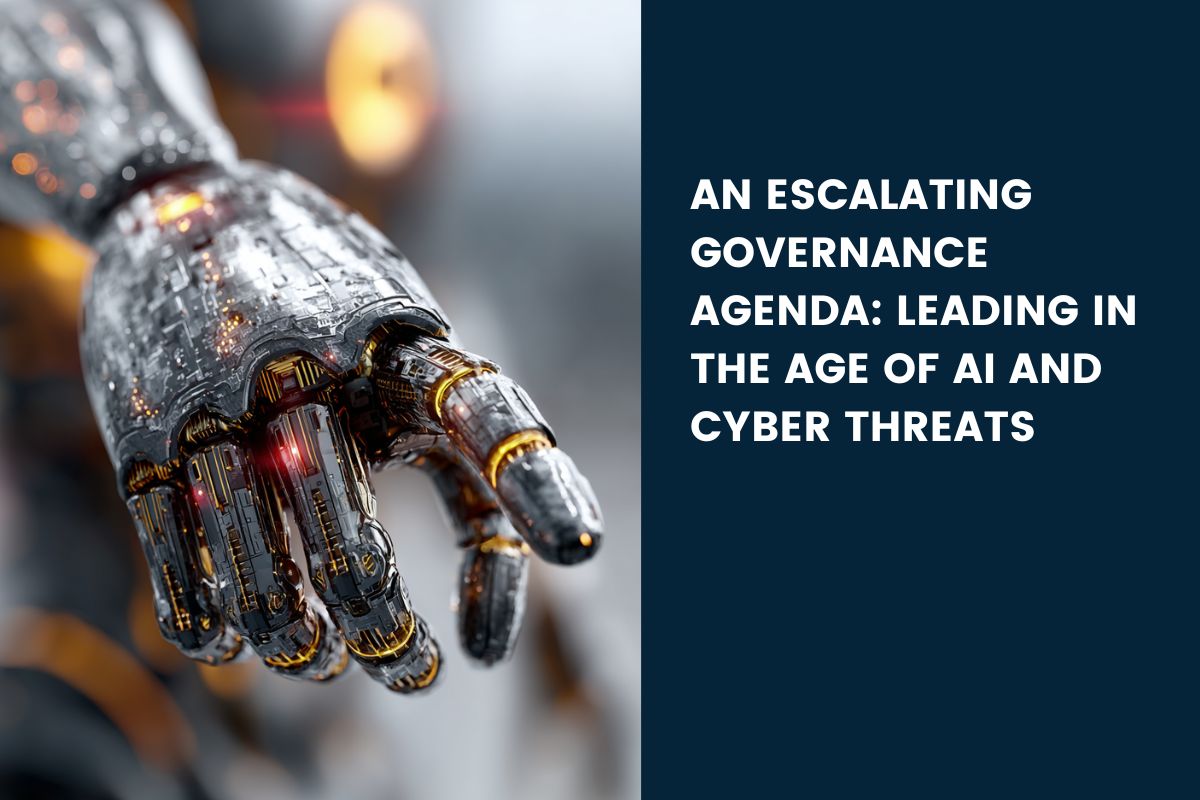Perspective from Chris Pearce.
Artificial intelligence (AI) and cybersecurity are no longer niche topics left to technologists. They are central to how organisations compete, grow and protect themselves. For board directors, understanding their impact isn’t optional—it’s essential for responsible governance and long-term success.
AI and cybersecurity are boardroom issues, not just an IT problem.
AI: Embracing Innovation With Oversight
AI is transforming industries by streamlining operations, enabling smarter decisions and personalising customer experiences. But it also carries risks. Bias in algorithms, lack of transparency and regulatory scrutiny can quickly turn a business advantage into a reputational headache. Boards don’t need to become AI experts, but they do need to ask the right questions. Questions such as: How is AI being used across the business? What safeguards are in place to ensure fairness and compliance? Who is accountable if something goes wrong? By setting the tone at the top, board directors can encourage innovation while keeping trust, ethics and governance at the forefront.
Boards should treat AI with the same care as financial reporting—accurate, fair and accountable.
Cybersecurity: A Core and Growing Business Risk
Cyber threats are growing in scale and sophistication, and no industry or sector is immune. A single breach can disrupt operations, damage customer confidence, and trigger other punitive impacts. This makes cybersecurity not just an IT issue but a boardroom priority. Directors should ensure that cyber risk is treated with the same seriousness as financial and operational risks. That means reviewing incident response plans, consistently monitoring key risk indicators, and ensuring the organisation invests appropriately in training and developing people to best preempt, identify and manage responses effectively.
The Overlap of AI and Cyber Risk
AI has a dual role in the security landscape. On one hand, it can enable faster detection of threats. On the other hand, malicious actors are also utilising AI to launch increasingly sophisticated cyberattacks. Boards should encourage management to adopt secure AI systems, strengthen oversight of third-party providers and supply chains, and stay current with evolving trends, as well as best practices and emerging regulations.
Board directors don’t need to be AI or cyber experts—but they must be continually curious and ask the right questions.
The Board Imperative: Future-Ready Governance
For many boards, this will require building digital literacy around the board table. Upskilling directors, appointing new directors with technology expertise and creating committees dedicated to technology and risk are all vital strategies to consider. Above all, boards must embed AI ethics and cybersecurity resilience into everyday governance. Directors who grasp these issues will not only protect their organisations but also position them to thrive in an increasingly complex and fast-changing digital economy.
Galvin-Rowley Executive Commentary
At Galvin-Rowley Executive, we see Chris Pearce’s insights reflected daily in our work with boards and CEOs across Australia and internationally. The convergence of AI and cybersecurity is not only a technical issue but a governance and leadership imperative.
Here are three considerations we would add from the executive search and advisory perspective:
Appointing Boards with the Right Mix of Skills
As Chris notes, digital literacy at board level is becoming essential. We increasingly see boards seeking non-executive directors who combine governance experience with deep exposure to technology, risk, and ethics. Appointing values-driven directors who can balance oversight with curiosity is critical to maintaining stakeholder confidence.
Embedding Cyber and AI into Risk Culture
Boards cannot rely solely on management for digital risk oversight. Future-ready governance requires directors who can challenge assumptions, ask the difficult questions, and embed digital risk thinking into every agenda item — from strategy and operations to culture and reputation.
Future-Proofing Leadership Appointments
As organisations adopt AI-driven systems and face heightened cyber threats, CEOs and senior executives must show both digital fluency and cultural alignment. The leaders who succeed are those who engage openly with technology while maintaining focus on people, ethics, and long-term resilience.
Our Perspective in Action
Galvin-Rowley Executive’s advisory-led search process places equal weight on cultural alignment, governance experience, and future-readiness. Whether appointing a board director, CEO, or interim leader, our role is to ensure organisations are guided by leaders who can confidently address the twin challenges of AI and cybersecurity.
In a governance environment that grows more complex by the year, appointing digitally fluent and values-driven leaders is no longer optional. It is a board imperative.
If your board or executive team is looking to strengthen its capability in AI governance and cyber resilience, we can help. As the Australian member of Agilium Worldwide, Galvin-Rowley Executive connects you to global talent while delivering boutique, high-touch service.
Book a confidential consultation today to explore how we can support your leadership needs.
Contact Galvin-Rowley Executive
About Chris Pearce
Managing Director of Pearce Advisory, a non-executive director and advisor to a range of organisations and an adjunct professor at Deakin University. He is a Fellow of the Australian Institute of Company Directors, a Fellow of the Governance Institute of Australia and a Fellow of the Australian Marketing Institute. A significant portion of his professional business career has been spent in senior leadership roles within the ICT sector.

